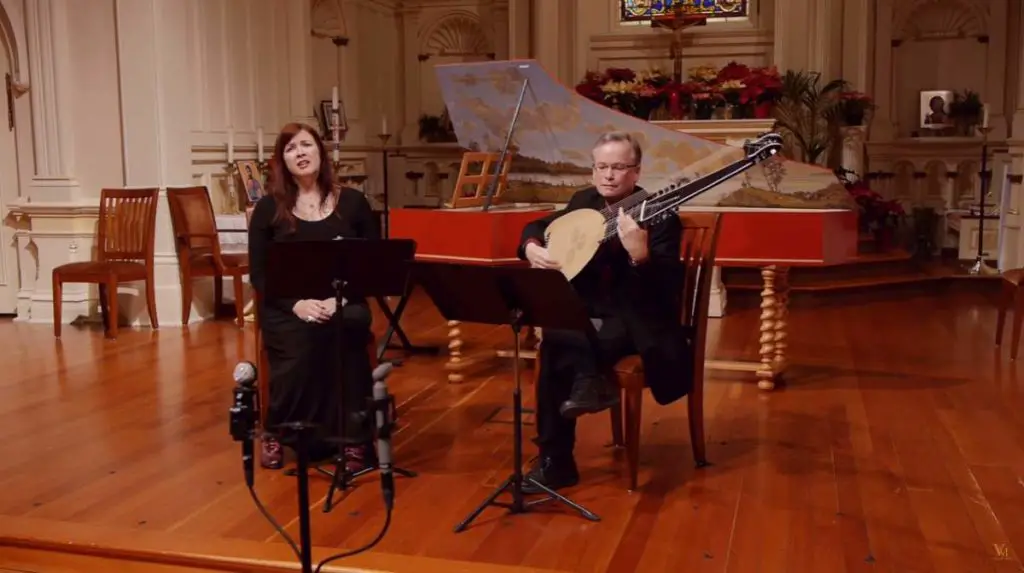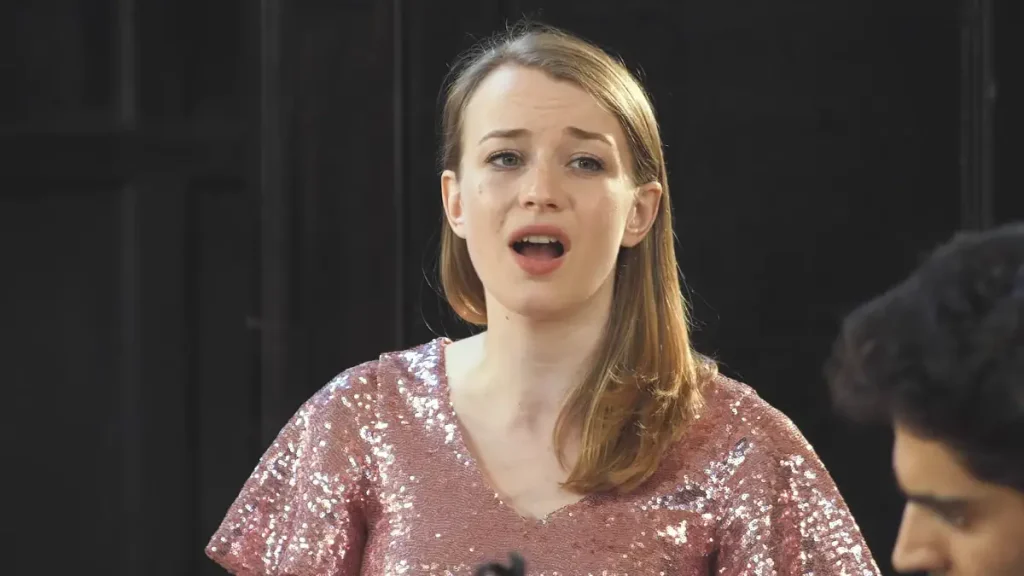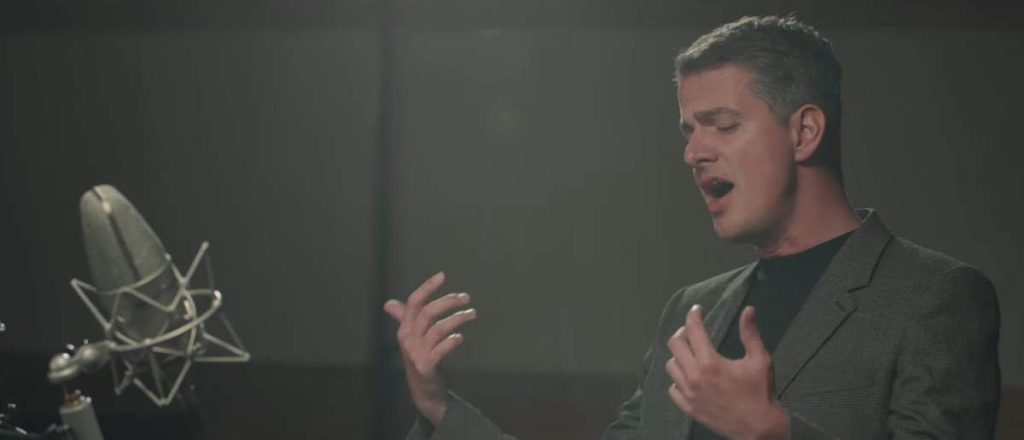Accompanied by Sam Brown on lute, soprano Angela Hicks sings Flow, My Tears (Lachrimae), a lute song (specifically, an “ayre”) by the Renaissance composer, lutenist, and singer John Dowland (1563 – buried 20 February 1626).
John Dowland’s Flow My Tears
John Dowland’s Flow, My Tears, composed originally as a lute piece in 1596 and published in 1600, is one of the most celebrated works of the English Renaissance and perhaps the most famous lute song (or “ayre”) of its time. Originally derived from his instrumental piece Lachrimae pavane, the song quickly became a musical emblem of melancholy, a central theme in Elizabethan culture. Its plaintive mood captured the fascination of an age that saw sorrow as not merely negative but also a refined, noble emotional state.
The piece is written for voice and lute accompaniment, with the text lamenting unending sorrow: “Flow, my tears, fall from your springs; exile forever, let me mourn.” Dowland’s characteristic descending melodic figure, known as the “falling tear motif”, creates the impression of weeping, and this musical device became so influential that it appeared in countless later compositions by other composers across Europe. The song’s slow tempo and minor key further intensify its mournful atmosphere, reflecting both personal grief and universal human suffering.
Culturally, Flow, My Tears resonated far beyond England. It was widely published and circulated, translated into various languages, and admired on the Continent, especially among German and Danish courts where Dowland worked. Its popularity also solidified Dowland’s reputation as a master of melancholy music. For contemporaries, melancholy was not only an emotional state but also a fashionable intellectual stance, associated with artistic depth, introspection, and even genius.
Today, the piece is still performed regularly, often in both historical and modern arrangements. It remains a prime example of the expressive power of Renaissance music, showing how minimal forces-a single voice and lute-could convey profound emotional weight. In many ways, Flow, My Tears stands as a timeless meditation on grief, exile, and the beauty of sorrow.
John Dowland’s Flow My Tears Lyrics
From The Second Booke of Songs or Ayres, of 2.4.and 5.parts: With Tableture for the Lute or Orpherian, with the Violl de Gamba (1600)
Flow my teares fall from your springs,
Exilde for euer: Let mee morne
Where nights black bird hir sad infamy sings,
There let mee liue forlorne.
Downe vaine lights shine you no more,
No nights are dark enough for those
That in dispaire their last fortuns deplore,
Light doth but shame disclose.
Neuer may my woes be relieued,
Since pittie is fled,
And teares, and sighes, and grones my wearie dayes, my wearie dayes,
Of all ioyes haue depriued.
Frō the highest spire of contentment,
My fortune is throwne,
And feare, and griefe, and paine for my deserts, for my deserts,
Are my hopes since hope is gone.
Harke you shadowes that in darcknesse dwell,
Learne to contemne light,
Happie, happie they that in hell
Feele not the worlds despite.

Modern transcription
Flow, my tears, fall from your springs!
Exiled forever, let me mourn;
Where night’s black bird her sad infamy sings,
There let me live forlorn.
Down vain lights, shine you no more!
No nights are dark enough for those
That in despair their last fortunes deplore.
Light doth but shame disclose.
Never may my woes be relieved,
Since pity is fled;
And tears and sighs and groans my weary days, my weary days
Of all joys have been deprived.
From the highest spire of contentment
My fortune is thrown.
And fear and grief and pain for my deserts, for my deserts
Are my hopes, since hope is gone.
Hark! You shadows that in darkness dwell,
Learn to contemn light
Happy, happy they that in hell
Feel not the world’s spite.
Angela Hicks

Angela Hicks made her operatic debut at La Scala, Milan, as Cupid in Handel’s Semele under John Eliot Gardiner. She has since performed in leading venues including Wigmore Hall, the Palace of Versailles, Vienna Konzerthaus, Berlin Philharmonie, and Palau de la Música, Barcelona.
Known for her passion for early music, Angela has sung roles in works by Caccini, Rameau, and Rameau’s Les Indes Galantes, and collaborates with ensembles such as The Monteverdi Choir, Tenebrae, Ex Cathedra, and the Academy of Ancient Music. She co-founded the soprano duo Fair Oriana, acclaimed by Classic FM as “pure vocal beauty,” and has recorded widely, inspired by mentors Belinda Sykes and Emma Kirkby.
Sources
- “Flow, my tears” on Wikipedia
- Angela Hicks’ official website
